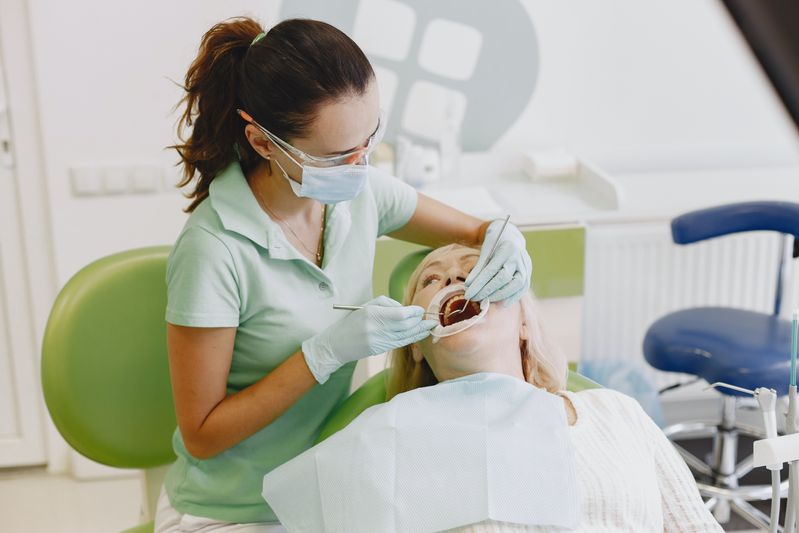Our third molars, also called wisdom teeth, have become obsolete for us. They are located in the back four corners of your mouth and crop up when you are a teenager or young adult.
Extracting your wisdom teeth is a common operation among young adults around the world. Their placement in the back of your mouth means they can cause oral problems if your dentist or other oral specialist fails to diagnose them correctly. Using panoramic X-rays, your dentist will be able to examine them and monitor their condition. They will be able to give you professional advice on what the best course of action would be. Your family dentist can refer you to a specialist for further evaluation and treatment for your wisdom teeth.
When should you not remove your wisdom teeth?
Determining whether to remove your wisdom teeth will depend on the benefits and risks of having them removed. In rare cases, wisdom teeth may not cause problems for an individual, making their extraction unnecessary. Here are some examples of situations where the extraction of wisdom teeth is not necessary:
- You currently have excellent oral health, so the risks associated with your wisdom teeth that could aggravate your pre-existing condition are minimal
- Your wisdom teeth have already grown without complications to the other teeth in your mouth
- They sit the right way in your mouth and your bite stays aligned
- They are easily accessible and can be cleaned properly, so there is no risk of cavities or gum disease in the area
When should you extract your wisdom teeth?
Many teenagers and young adults will typically need to have their wisdom teeth removed. This is mainly because they don’t have enough room in their mouths for their wisdom teeth. This is called impaction. When your wisdom teeth are impacted, they will either not be able to break through your gums or they will only partially emerge through your gums. When wisdom teeth grow at less than ideal angles, such as sideways, it can cause severe pain to the individual.
The most common problems with impacted wisdom teeth that need to be removed are:
- Wisdom teeth have partially protruded through the gums in a way where they constantly get debris and food trapped under the gum flap, which leads to bacteria buildup and risks of contracting an infection known as pericoronitis name
- Wisdom teeth only come out halfway, which makes cleaning and maintaining wisdom teeth against cavities and gum disease more difficult.
- Wisdom tooth infections can lead to more serious infections that can be life-threatening
- Wisdom teeth that erupt in a mouth with no more room inside the jawbone will cause other teeth to displace, which can lead to cavities, enamel loss and a misaligned bite

